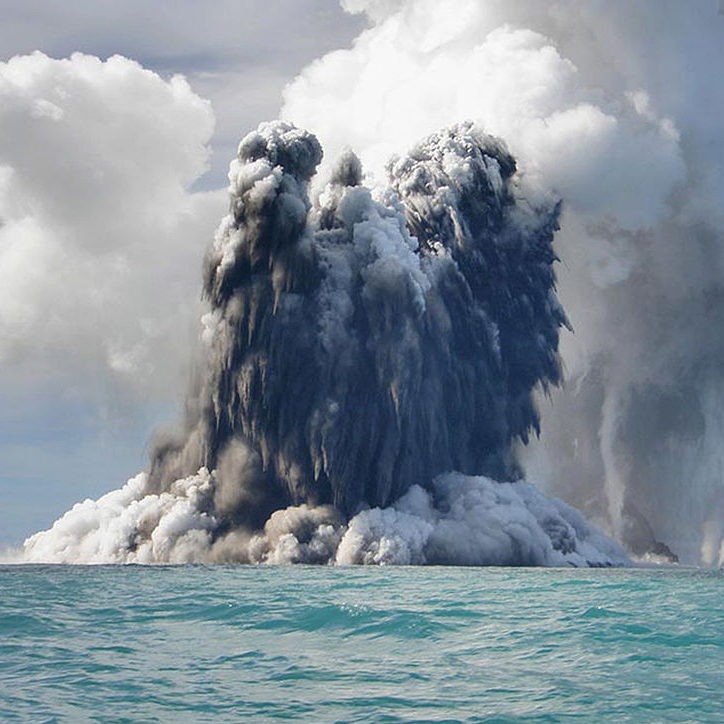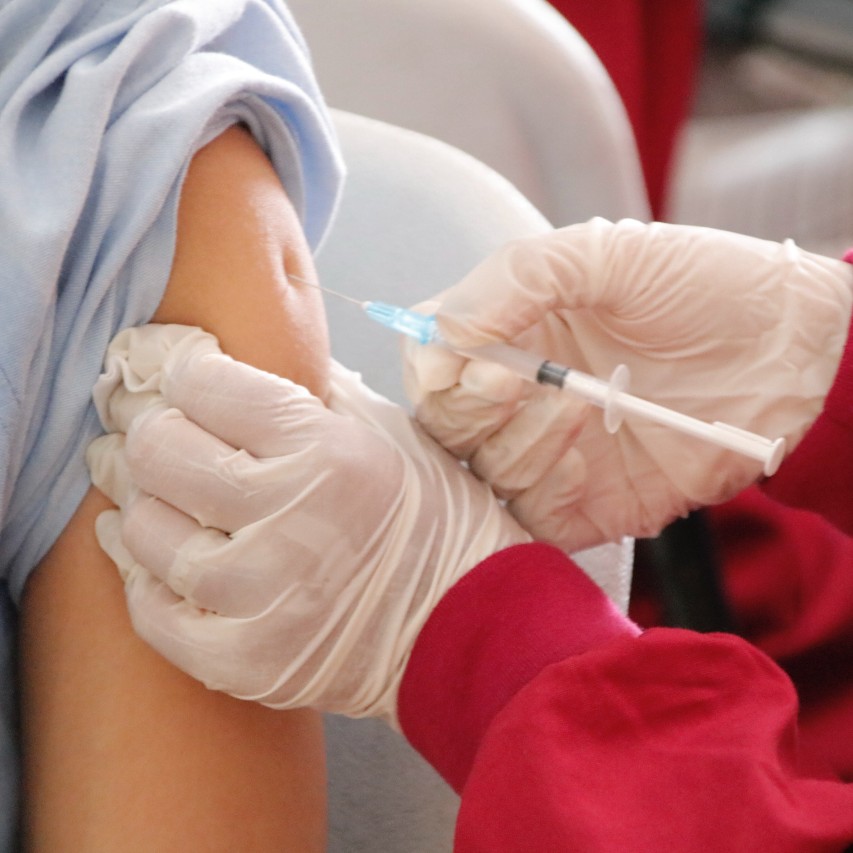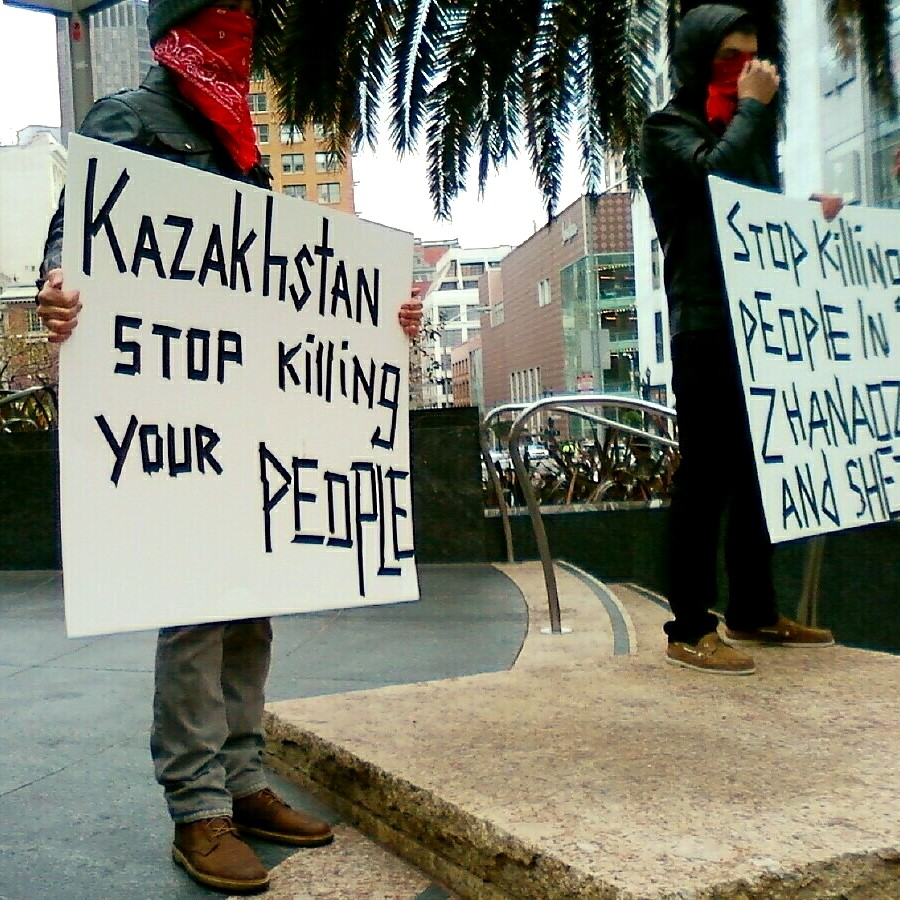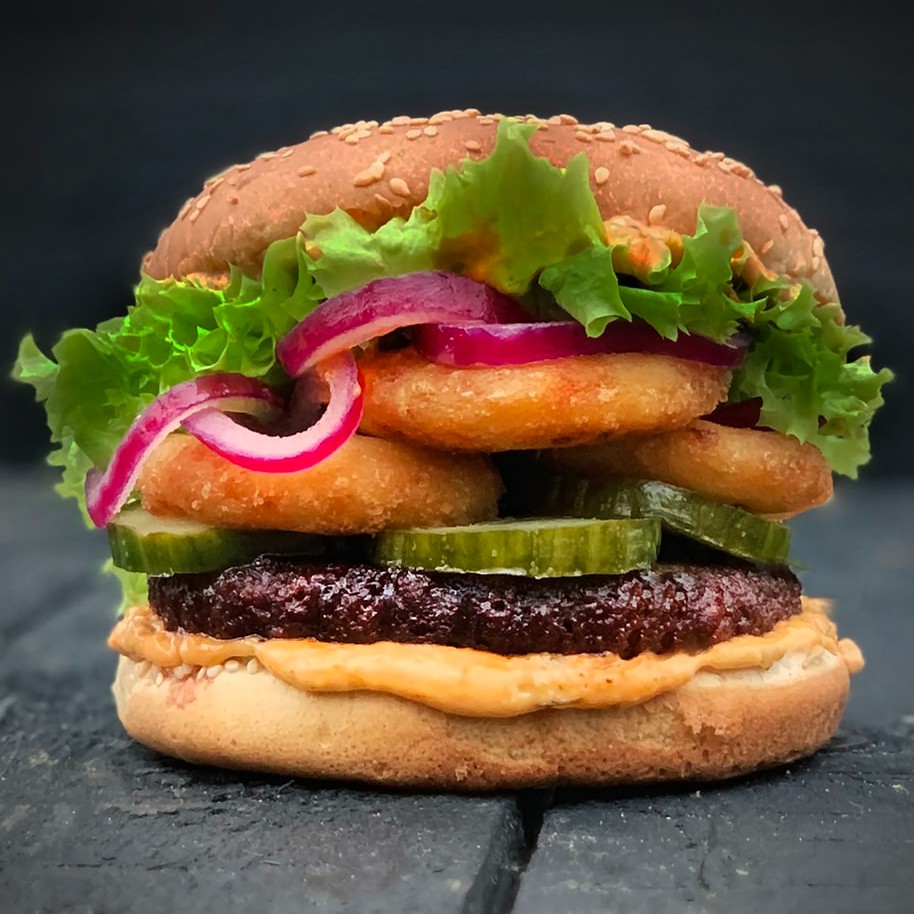On January 15th, 2022, the country of Tonga was shaken up by the Hunga Tonga, an underwater volcano erupted and disrupted the entire country. A volcano, with a force equal to 500 Hiroshima nuclear bombs, has filled the sky with a sulfuric cloud compromising the natural resources in Tonga. With a population of 100,000 citizens, a small oceanic country is facing the dreadful repercussion of this natural disaster.
globalEDGE Blog Archive January 2022
Publish Date:
The recent years have been anything but predictable. As we move further into 2022, the ongoing pandemic and added political risks will change the trajectory of the global economy. There are several trends for businesspeople to be aware of as the rest of the year unfolds.
Publish Date:
Sri Lanka is struggling to pay for imports due to a worsening debt crisis, which has sparked political controversy with the Chinese government. Following criticism from Sri Lanka’s ruling party over China’s loans for a series of big infrastructure projects, Sri Lankan President Gotabaya Rajapaksa had warned that the country had a lack of foreign-currency reserves to pay for necessary imports such as fuel, medicines, foods, and industrial raw materials.
Publish Date:
With several years invested in mining, South Africa is bringing this industry into the new year with conflict and concerning statistics. Many eyes are on this region as a leading supplier of gold, platinum, coal, and other prominent resources; however, companies relying on these mines are starting to turn to other regions as South Africa appears to be gradually forfeiting its spot at the top of the industry.
Publish Date:
As every country rides out the spiking of the Omicron variant, hopeful to see some type of stabilization from it, many have chosen to close their borders to people and businesses for a few weeks to avoid overwhelming hospitals. We’re seeing tighter restrictions and harder borders than we’re used to outside of the COVID-19 Pandemic world. As more variants continue to rise, it would be a good idea to look into how border closings affect businesses, customers, and how you may prepare your business for another possible closure.
Publish Date:
If you have ever eaten at a Shake Shack before, you know all about their quality burgers, french fries, and shakes, along with their modern restaurants. If you never have, you may recognize their simple green burger logo. Shake Shack began in Madison Square Park, New York City, in 2001 as a hot dog cart and in 2004 opened a permanent burger stand. Since 2004, their menu has barely changed, but their global footprint has skyrocketed. Today they have 384 locations, with 103 of those being international locations. You can find Shake Shacks in Kuwait, China, United Arab Emirates, Mexico, Turkey, and more. Even more surprising than where you can find a Shake Shack is what you can order because, besides a few unique items, the core menu is the same everywhere.
Publish Date:
There is a new saying in the French Canadian province of Quebec: “No vax, pay tax.” Quebec plans to impose a “significant” healthcare tax on all unvaccinated residents, due to their health system deteriorating after the most recent surge of the COVID-19.
Publish Date:
The new year in Kazakhstan had a tumultuous start. This blog will be analyzing the events of the new year in Kazakhstan and how it is affecting not only themselves, but other countries as well.
Publish Date:
Space has become a more useful commodity than ever throughout the past few years. The pandemic forced many to seek out space and shelter as we were forced into isolation. In the UK, the true effects of the pandemic were unleashed amongst the country's housing market. Buyers pursued new houses during the lockdown and made the most of their free time. The demand for houses began to surmount the amount that we're able to be built and supplied. Due to this, the United Kingdom’s house prices rose an astonishing 9.8% last year leaving customers satisfied with places to live.
Publish Date:
The consumption of plant-based meat as simply a novelty is a thing of the past. As new health and sustainability-conscious generation of people grow older and play a bigger role in the global economy, the demand for plant-based meat is quickly increasing. Concerns about the substantial greenhouse gas emissions produced by the meat industry, recognition of animal cruelty, and knowledge of the long-term health risks of traditional meat consumption are all contributing factors. In 2020, as more people embraced flexitarian, vegetarian, and vegan diets, the market value of plant-based meat worldwide grew to 6.67 billion dollars. This figure is estimated to steadily increase over the next few years and reach 16.7 billion in 2026.
Publish Date:
On November 26, 2021, a new variant, Omicron, of the coronavirus was discovered in South Africa. The World Health Organization declared this variant a concern due to Omicron's unusually high number of mutations and warned that the overall global risk is very high. Similar to other variants, these mutations impact how easily the virus spreads and the gravity of this virus when sick.
Publish Date:
Welcome back to the globalEDGE blog! The globalEDGE team is returning to our regular Monday through Thursday blog schedule.














